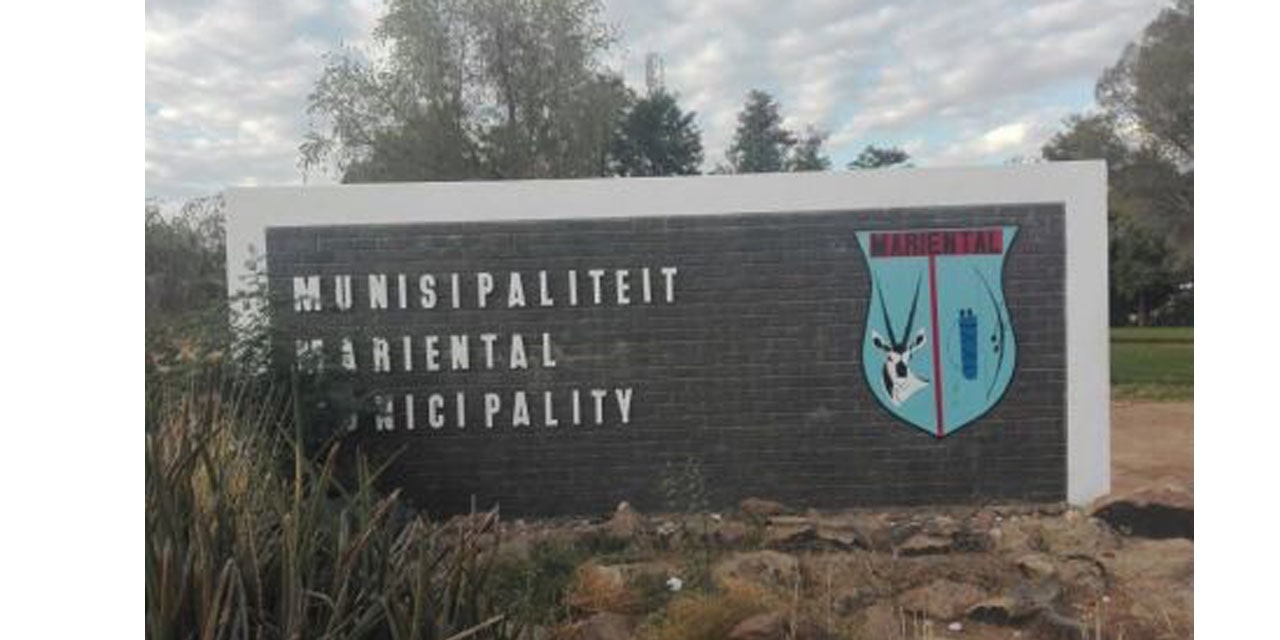Isaack Kambwa
Municipalities in Namibia are mandated to deliver services that meet basic communal needs such as housing, water and sanitation, land, electricity and infrastructur. The municipality as an institution is considered an engine for local development and central to service delivery. The government has implemented an elaborate statutory framework which operationalise the Municipalities. The powers of Municipal councils are regulated within this statutory framework, despite the powers conferred upon the councilors, they tend to fail in running their Municipalities.
In case study research on the performance of councillors in the South Africa by Stellen press highlighted a number of issues that negatively impact on the performance of councillors were identified. These include high councillor turnover on the one hand and work-overload on the other.
In addition, a range of problems between the Executive Structure (decision-making structure) in the municipality and ordinary councillors. These include poor channels of communication from the municipal administration, the centralisation of decision-making to the Executive Committee under the Mayor and the lack of a meaningful mechanism for councillors to influence decision–making, amongst others.
Another issue is a virtual collapse of municipal administration, with key appointments not being filled, making it impossible to continue with the daily functions of the municipality. This affects things like the implementation of development projects in municipalities.
An example of failure to appoint person in key person is the City of Windhoek (Namibia) failure to appoint a CEO for more then 24 months, the delay was caused due to allegation of corruption and irregularities in the selection process. There was a decision made by the previous MC to restart the process but that was overturn by a different MC.
The City of Windhoek is also embroiled in a court battle with its Chief of Police demanding he pays back monies he received as a salary due to an alleged irregular and unlawful extension or employment after the chief tendered his resignation in the face of multiple disciplinary charges. A Swapo led Management Committee at that time bypassed their CEO authority and appointment a acting CEO who approved an illegal re-appointment of their Police Chief in contravention of a regulatory process.
A discussion about the most recent hiring and selection process for the City of Windhoek’s head of the ICT Department has arisen on the resident platform which prompted several locals to organized a protest in opposition to the Windhoek city council members should they choose to name the chosen applicant for the position. The Resident claim that the applicant was chosen for an interview even though he was facing serious charges of gross negligence.
An external candidate who also applied for the position indicated on the platform that he has a recording in which a City H.R official says the that the questions were crafted to favour and benefit the preferred applicant, since the majority of the structured interview questions and the questions in the public interview related to the work that candidate does being the manager of digitization and innovation, which is were the smart city project is managed.
The candidate proposed us do to our own research and watch the public interview on facebook. Its all about the smart city; there was no chance for an outside candidate, I suspect this question were introduced by his connection, advantaging someone is corruption, he stated”, and that the selected candidate has little to no real world ICT experience let alone the appropriate qualifications. It was also alluded to on the platform that the selected candidate was connected to a Swapo Counsillor in the management committee and the Acting CEO.
local government means that a local government should be committed to work with citizens and groups within the community to find sustainable ways to meet their social, economic and material needs and improve the quality of their lives. Lack of capacity and corrupt employment of human resource erodes the capacity to deliver proper services to the residents.
The poor representation of citizens’ interests and poorly-performing municipal bureaucracies also featured as the main reasons for community protests due to frustration and lack of leadership to take action and end the above-mentioned short comings.
Isaack Kambwa
B.J, UNAM




